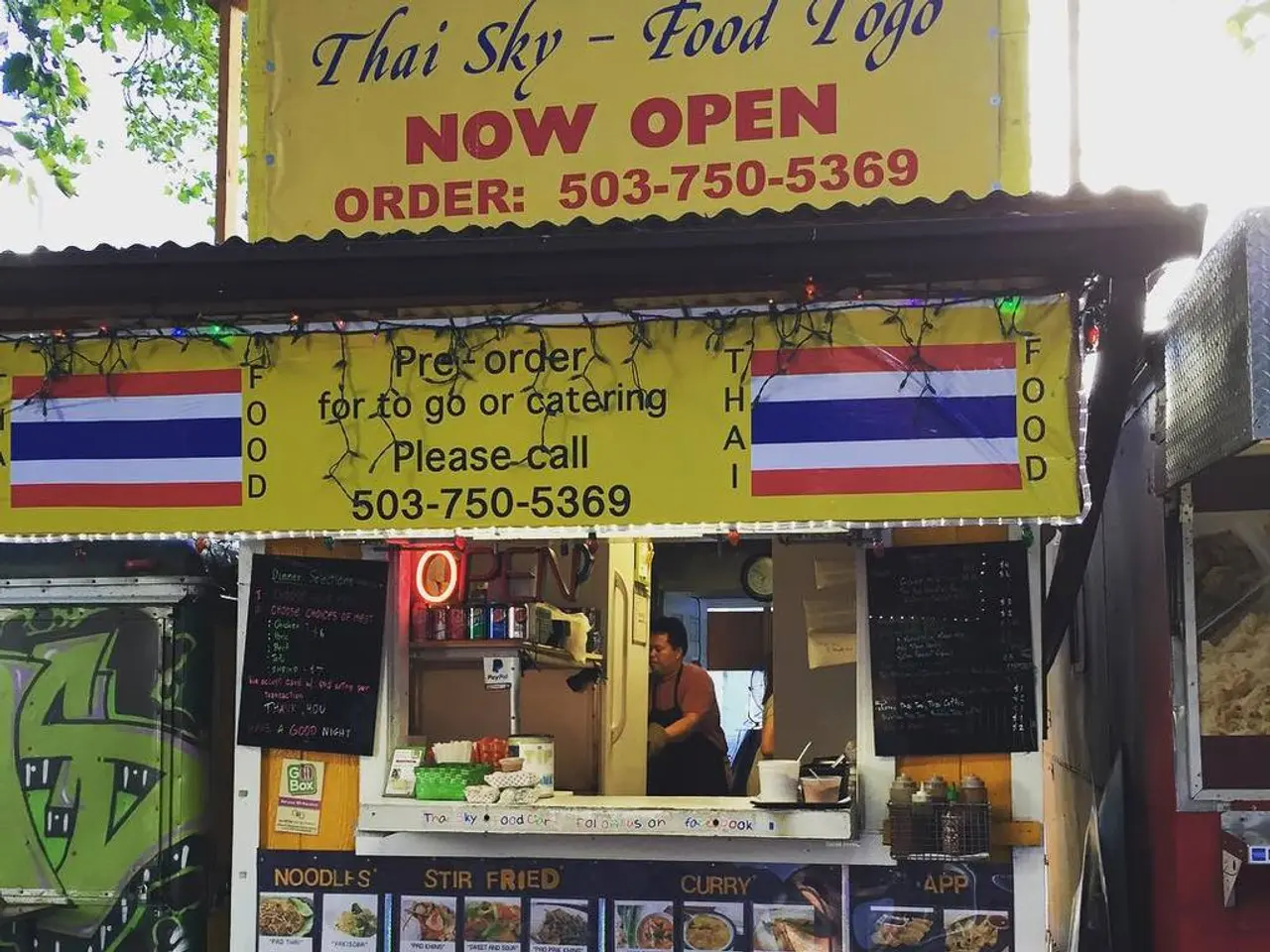United Kingdom and India Successfully Accomplish the Unattempted - Begins with Whisky and Luxury Cars
India-UK Free Trade Agreement Signing Boosts Trade and Creates Job Opportunities
The India-UK Free Trade Agreement (FTA), signed on July 24, 2025, promises to revolutionise trade between the two countries, offering substantial tariff reductions and opening up new opportunities for various key sectors.
Tariff Reductions
The FTA brings about extensive tariff reductions, benefiting approximately 90-99% of tariff lines for both India and the UK. For UK exports to India, tariffs currently averaging around 15% will fall to about 3%. Key reductions include whisky and gin tariffs halved from 150% to 75%, automotive tariffs dropping steeply from about 110% to 10% under a quota-based system, and aerospace tariffs being removed entirely.
Indian exports to the UK, previously facing tariffs ranging from 4% to 18%, will see nearly full elimination. Duties on processed foods drop from up to 70% to zero on nearly 99.7% of items, while tariffs on marine products, textiles, chemicals, and base metals will also reduce significantly.
Sectors Affected
Labour-intensive sectors such as textiles, leather goods, footwear, toys, marine products, and processed foods are poised for enhanced export growth from India. Engineering products, automotive components, organic chemicals, and gems and jewellery sectors in India also stand to benefit. Key UK sectors benefiting from improved market access in India include automobiles, aerospace, electrical machinery, consumer products, and alcoholic beverages like whisky and gin.
Potential Job Growth
The FTA is expected to boost job opportunities significantly in India’s labour-intensive export sectors, such as textiles, leather, footwear, seafood, and toy manufacturing. Enhanced trade and market access for UK goods and services, alongside the liberalisation measures, are projected to increase UK exports to India by nearly 60% by 2040, potentially supporting tens of thousands of jobs in export-oriented industries.
The agreement includes provisions for labour mobility and a reciprocal portability of social security benefits, facilitating worker movement and employment opportunities between the two countries.
Additional Notes
The agreement covers 27 chapters, including trade in services, digital trade, financial services, labour rights, gender issues, anti-corruption, and environmental cooperation, indicating a broad and progressive framework. There are no time-bound sunset clauses protecting domestic industries indefinitely, signifying a shift from protectionism to increased competitiveness, particularly for Indian markets.
In summary, the India-UK FTA facilitates significant tariff reductions across a wide range of goods, especially benefiting labour-intensive and strategic industries on both sides. This liberalisation is expected to substantially increase bilateral trade and create new employment opportunities, particularly for India’s export-driven sectors and the UK’s manufacturing and consumer exports.
The India-UK Free Trade Agreement (FTA) could potentially to contribute to the development of various sectors by lowering tariffs significantly. For instance, the reduction of tariffs on automotive components in India might stimulate technological advancements in this sector. In addition, the FTA's provisions for labor mobility could lead to a boost in the education-and-self-development sector, as it may facilitate the exchange of skilled workers between the two countries, fostering knowledge transfer and cultural exchange.




